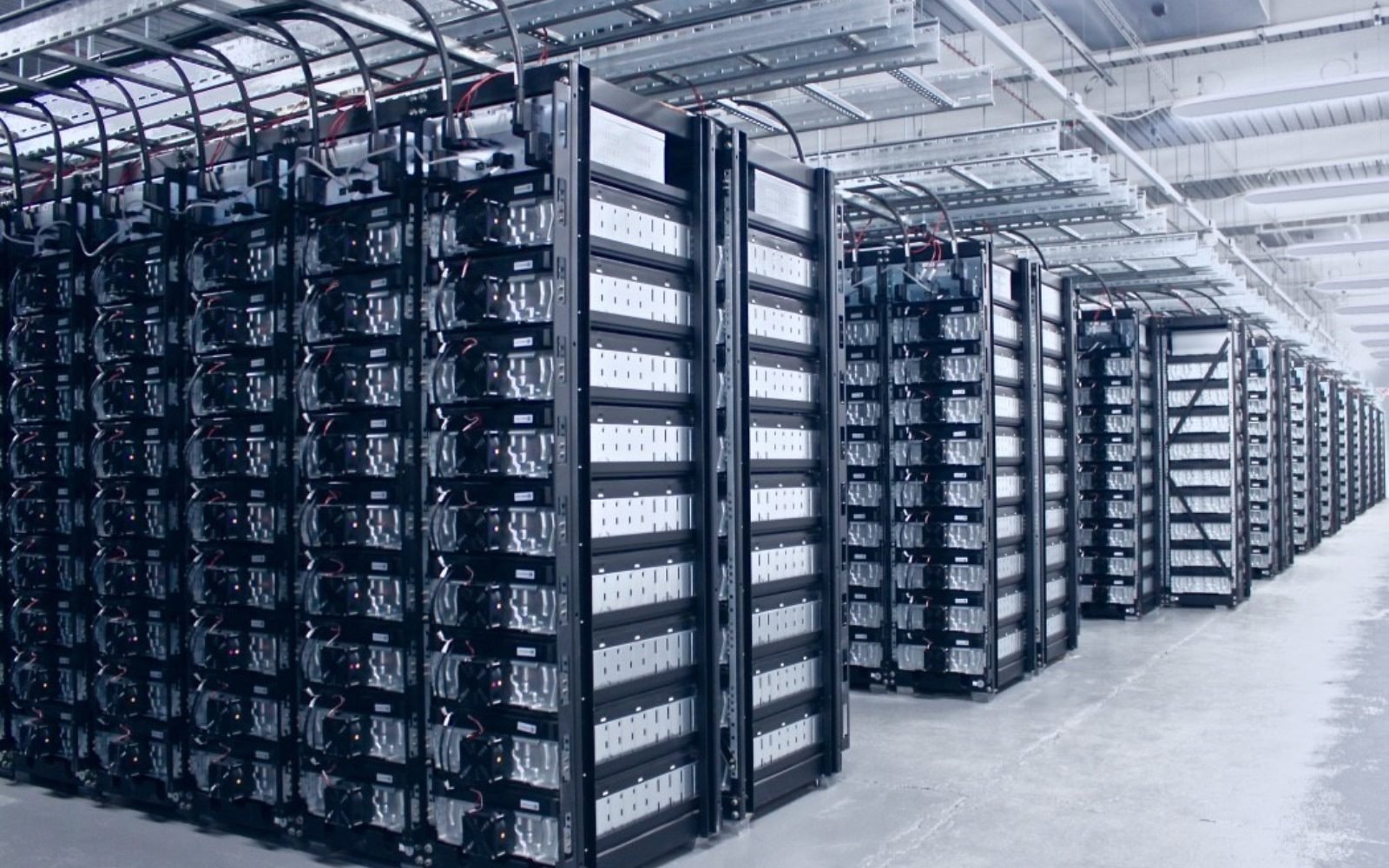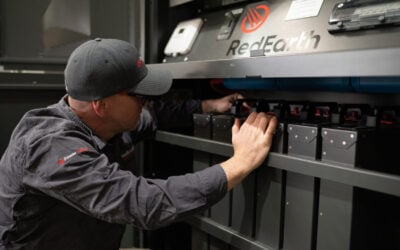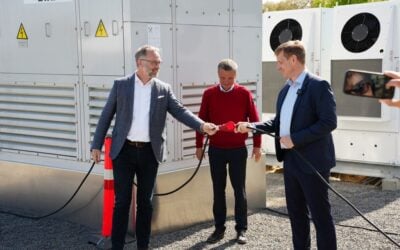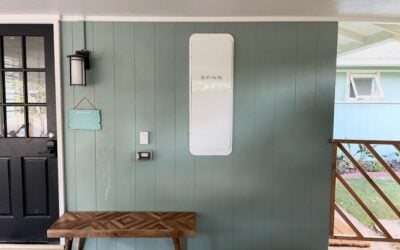
Battery software company Arenko has teamed up with the Electricity System Operator (ESO) arm of National Grid in the UK to provide upward and downward reserve flexibility in a “first of its kind trial”.
Arenko has built a new software module that can be added to its existing platform offering to adjust the instruction algorithms of a battery, making it focus on delivering flexibility.
Enjoy 12 months of exclusive analysis
- Regular insight and analysis of the industry’s biggest developments
- In-depth interviews with the industry’s leading figures
- Annual digital subscription to the PV Tech Power journal
- Discounts on Solar Media’s portfolio of events, in-person and virtual
The trial will utilise the company’s 41MW Bloxwich battery, in what the company has said is the first time a battery asset will be used to augment existing upward and downward reserve services provided to the grid by thermal power plants.
Andy Hadland, chief product officer of Arenko Group, said that batteries have a “crucial role” to play in helping reach the ESO’s net zero operability ambition by 2025.
“We hope to open up new ways for batteries to provide services and competition to the ESO versus current methods using thermal power plants. This should ultimately reduce the cost of balancing the system and provide better value to the end customer.”
The current period of low demand driven by the COVID-19 pandemic lockdown has given a view to the future energy system in the UK, where renewables dominate. There has now been no coal on the network since April 9, whilst solar power generation has broken a number of records.
As such the need for flexibility on the grid has never been more pressing, and within a letter to the energy industry at the end of April, National Grid ESO called on providers to contact it if they believed they had flexibility that was currently being underutilised.
This led to the trial with Arenko, which will see National Grid’s Control Room signalling the battery company, making them aware of the windows when it is needed, and Arenko submitting Bid Offer Acceptance (BOA) prices for them. Following this, National Grid ESO will generate a pseudo-availability payment for the period that will allow the battery to remain available throughout.
In doing so, it will ensure there is a guarantee of upward or downward reserve available. This can then be accessed through further BOAs if required.
Rupert Newland, founder and CEO of Arenko Group added that the trial offered “a superb opportunity for our new and existing battery owners to access new, additional revenue streams from their batteries”.
The trial is set to run throughout this week, having begun on Monday 18 May. Learnings from the trial will be made available following its completion.
Aaron Lally, head trader at Kiwi Power said: “This trial with Arenko is exactly what is required to boost the case for energy storage in the UK.
“It is vital for both grid stability and to allow National Grid to hit its 2025 targets. With less thermal capacity on the grid more incentives like this for energy storage are essential.”
He added that Kiwi power has 60MW+ of storage that could participate immediately if the trial was rolled out to the market as a whole.
The reduced demand caused by the current coronavirus lockdown has led National Grid ESO to advance a number of changes to its toolkit. At the beginning of May, it launched a Downward Flexibility Management service for renewables along with a new contract with EDF.
This has already been brought into play over a recent bank holiday long weekend. Concerns leading up to that weekend in early May also led the operator to make an emergency modification to the Grid Code, in order to clarify its ability to disconnect embedded generation in emergency events.
This article first appeared on Current±.






